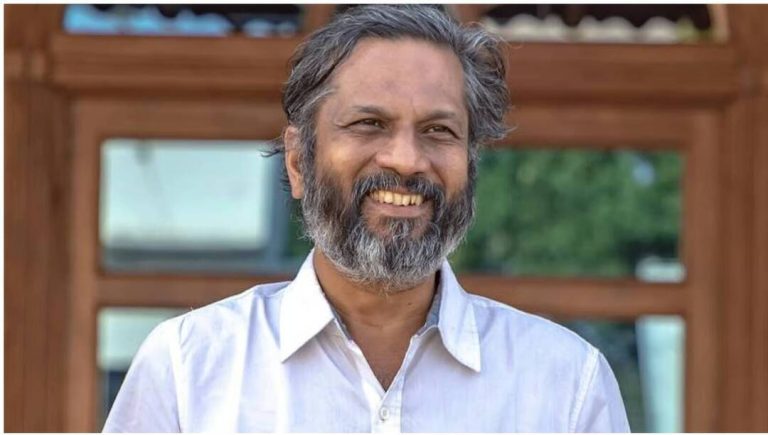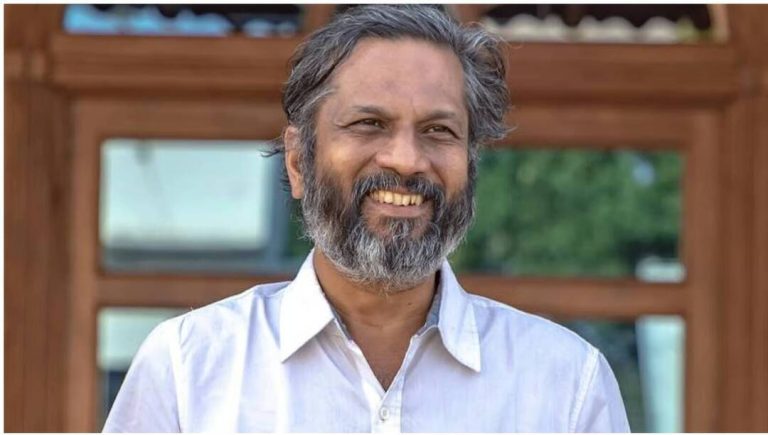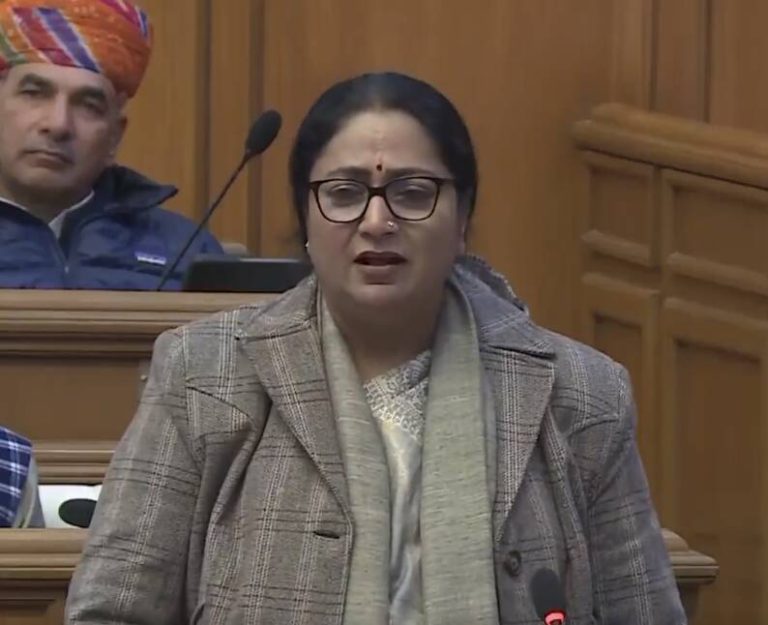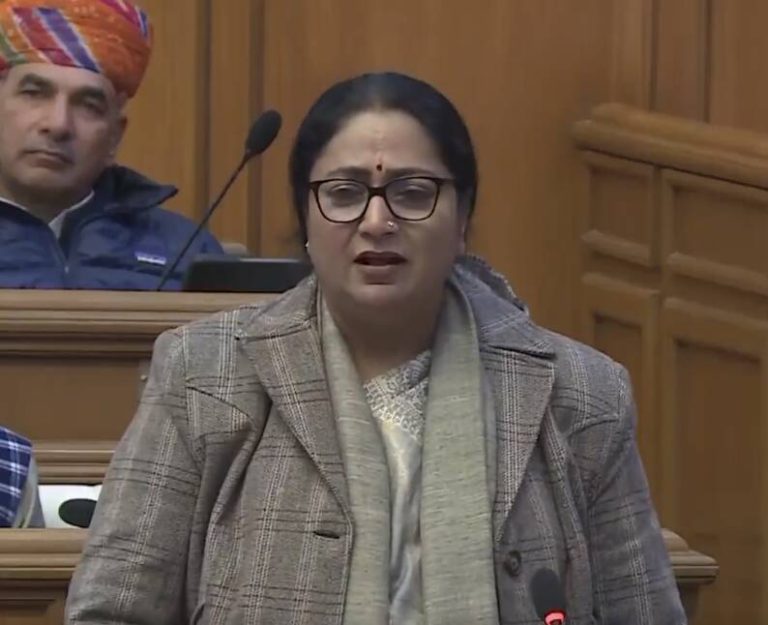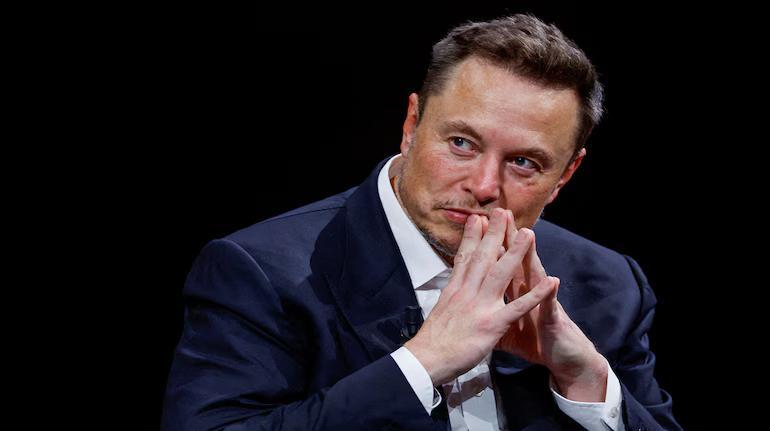
Poverty an engineering issue, AI & humanoid robots will end it: Musk
In a thought-provoking statement, billionaire and xAI CEO Elon Musk opined that poverty is an engineering issue. According to Musk, Artificial intelligence (AI) and humanoid robots will eliminate poverty, and AI and robotics are the only way to make everyone wealthy. He expressed these views at the US-Saudi Investment Forum, where he emphasized the potential of technology to transform the global economy and eradicate poverty.
Musk’s statement may seem radical, but it reflects his long-standing interest in using technology to address some of the world’s most pressing challenges. As the CEO of xAI, a company focused on developing advanced AI technologies, Musk is well-positioned to explore the potential of AI and robotics to drive economic growth and reduce poverty.
At the heart of Musk’s argument is the idea that poverty is not an inevitable consequence of economic systems, but rather a problem that can be solved through engineering and technological innovation. By developing more advanced AI and robotics, Musk believes that it will be possible to automate many of the tasks that currently require human labor, freeing people up to pursue more creative and fulfilling work.
One of the key benefits of AI and robotics, according to Musk, is their ability to increase productivity and efficiency. By automating tasks such as manufacturing, transportation, and agriculture, AI and robotics can help to reduce the cost of goods and services, making them more accessible to people around the world. This, in turn, could help to reduce poverty and improve living standards, particularly in developing countries where access to basic necessities is often limited.
Musk also emphasized the potential of AI and robotics to create new industries and job opportunities. As AI and robotics advance, new fields such as AI development, robotics engineering, and data science are emerging, creating new career paths for people around the world. This could help to stimulate economic growth and reduce unemployment, which is a major contributor to poverty.
Another significant aspect of Musk’s vision is the idea that money will eventually stop being relevant in the future. As AI and robotics continue to advance, it is possible that traditional forms of employment and income will become less relevant. Instead, people may be able to access the goods and services they need through alternative means, such as a universal basic income or other forms of social support.
While Musk’s ideas may seem futuristic, they are not without precedent. There are already many examples of AI and robotics being used to address poverty and improve living standards around the world. For example, AI-powered chatbots are being used to provide financial services to people in developing countries, while robotic systems are being used to improve agricultural productivity and reduce food poverty.
However, there are also challenges and risks associated with relying on AI and robotics to address poverty. One of the main concerns is the potential for job displacement, as AI and robotics automate tasks that are currently performed by humans. This could exacerbate existing social and economic inequalities, particularly if the benefits of technological progress are not shared equitably.
To mitigate these risks, it will be essential to develop policies and programs that support workers who are displaced by automation, such as education and training initiatives, social safety nets, and other forms of support. It will also be important to ensure that the benefits of AI and robotics are shared equitably, through measures such as progressive taxation, social welfare programs, and other forms of redistribution.
In conclusion, Elon Musk’s statement that poverty is an engineering issue that can be solved through AI and humanoid robots is a thought-provoking and challenging idea. While there are risks and challenges associated with relying on technology to address poverty, there are also many potential benefits, from increased productivity and efficiency to the creation of new industries and job opportunities. As AI and robotics continue to advance, it will be essential to develop policies and programs that support workers, promote social welfare, and ensure that the benefits of technological progress are shared equitably.
